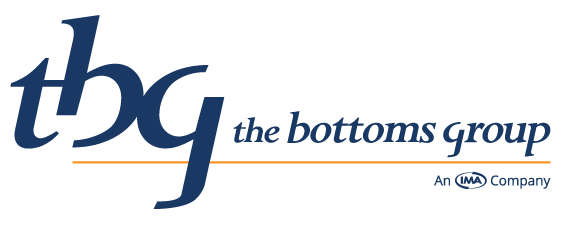BY DAVID BOTTOMS, REBC, RHU, CLU, CHFC
SENIOR VICE PRESIDENT, BENEFITS
Published: January 2021 Cobb Business Journal
As employers and individuals alike have attempted to maintain reasonably affordable health insurance coverage in the face of ever increasing health insurance premiums, it will come as a surprise to no one that deductibles and out-of-pocket maximum exposure have markedly increased in recent years.
One less recognized byproduct of the increase in plan premiums has been a migration from traditional, copay-based plans to IRS qualified, health savings account (HSA) eligible high deductible health plans which, by definition, do not include copays for doctor visits and prescriptions prior to the satisfaction of the plan’s deductible.
Under these plans the enrollee pays the insurance carrier’s negotiated, discounted rate for all services including office visits, prescriptions, etc. until they meet their plan deductible after which the insurance carrier becomes responsible for all (or most) of the remaining health care costs, depending on plan design.
With an HSA-eligible plan, whether the charges are for doctor visits, prescriptions, hospital treatment, etc., all expenses incurred accrue toward the deductible so, unlike a traditional plan, there is no need to worry about what counts toward the deductible and what doesn’t. For better or worse, everything accrues toward the deductible.
In many cases, the migration from traditional copay plans to HSA-eligible high deductible plans is being driven more by lower costs on HSA-eligible plans than by any overriding strategy relating to the accounts themselves, but nonetheless, the transition presents an opportunity for enrollees interested in saving on their taxes while setting aside funds for future health expenses.
For 2021, the IRS has announced contribution limits of up to $3,600 for individuals and $7,200 for families. The fact that the IRS allows enrollees in HSA-eligible health plans to contribute significant tax-free sums of money into their HSA accounts means that, over time, diligent HSA savers can develop significant HSA account balances with the theory being that excess savings in “healthy” years will rollover and grow to provide ample assets to cover expenses in years that have more significant health expenses.
Given the cost of health insurance in and of itself, many scoff at the prospect of having money left over to contribute to their HSA, but if you consider that HSA-eligible plans generally come with lower premiums than traditional plans, it is not uncommon for there to be some premium dollars left over after a conversion to an HSA-eligible high deductible health plan which can be used to seed the HSA account.
Given that HSA-eligible high deductible health plans and HSA accounts themselves are totally separate a common question relates to where one can set up at HSA account.
If your employer provides an option for you to have HSA contributions deducted from your paycheck and deposited with their preferred vendor, that will often be the simplest approach.
However, if you are left to establish your own account, establishing the account with your personal bank or with an online bank specifically focused on the accounts, such as HSA Bank or Optum Bank, often makes sense. For whatever it is worth, I generally recommend that you steer clear of having your insurance carrier manage the account given that, if you have to switch insurance carriers down the line it can be a bit of a hassle to move over the money.
As we embark on a new year and if you find yourself with an HSA-eligible health plan, I would encourage you to look into whether establishing and contributing to a health savings account may be to your benefit. At first, the amounts you see in the account may seem small, but with diligent saving paycheck after paycheck and year after year, the accumulation of a strong balance in your health savings account is likely.
Given that health care out-of-pocket expenses probably won’t be coming down any time soon, now may be a good time to start taking the IRS up on its offer to reduce your tax burden today in exchange for your setting aside money in your health savings account for tomorrow.
View article in Cobb Business Journal if you have a subscription.


